Discover how Namib Desert wildlife thrives in extreme conditions – elephants, beetles, plants & more adapt uniquely to survive harsh environments.
GVI
Posted: July 9, 2024

Liqian Yao
Posted: July 12, 2019
Waking up at four in the morning, you move to pull on your shoes, only to find one of them is occupied by a small, bright green frog.
You’re at the wildlife conservation base in Limpopo, South Africa. You might see an elephant visit the backyard of the base. You might also see a rare animal crossing the road.
Surprises keep happening, but the biggest surprise is the new way you see the world, and yourself, from this worthwhile experience.
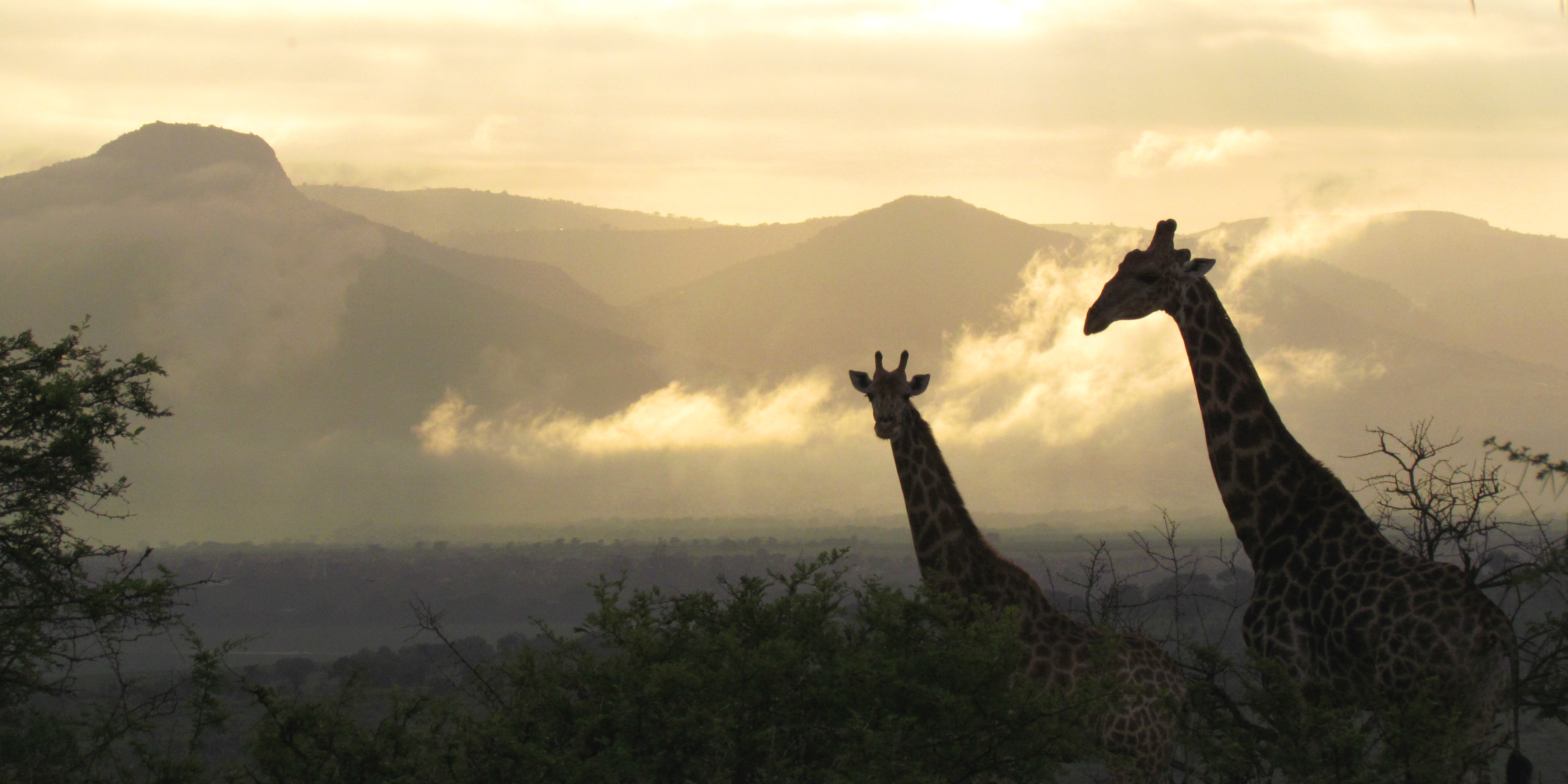
Nothing helps broaden your horizon more than getting out of your home to experience the adventure of the outdoors, and travelling to new places.
As a wildlife conservation volunteer, you’ll be immersed in new people, places, and cultures. Everything might be unfamiliar but you’ll gain a new perspective about the world and yourself.
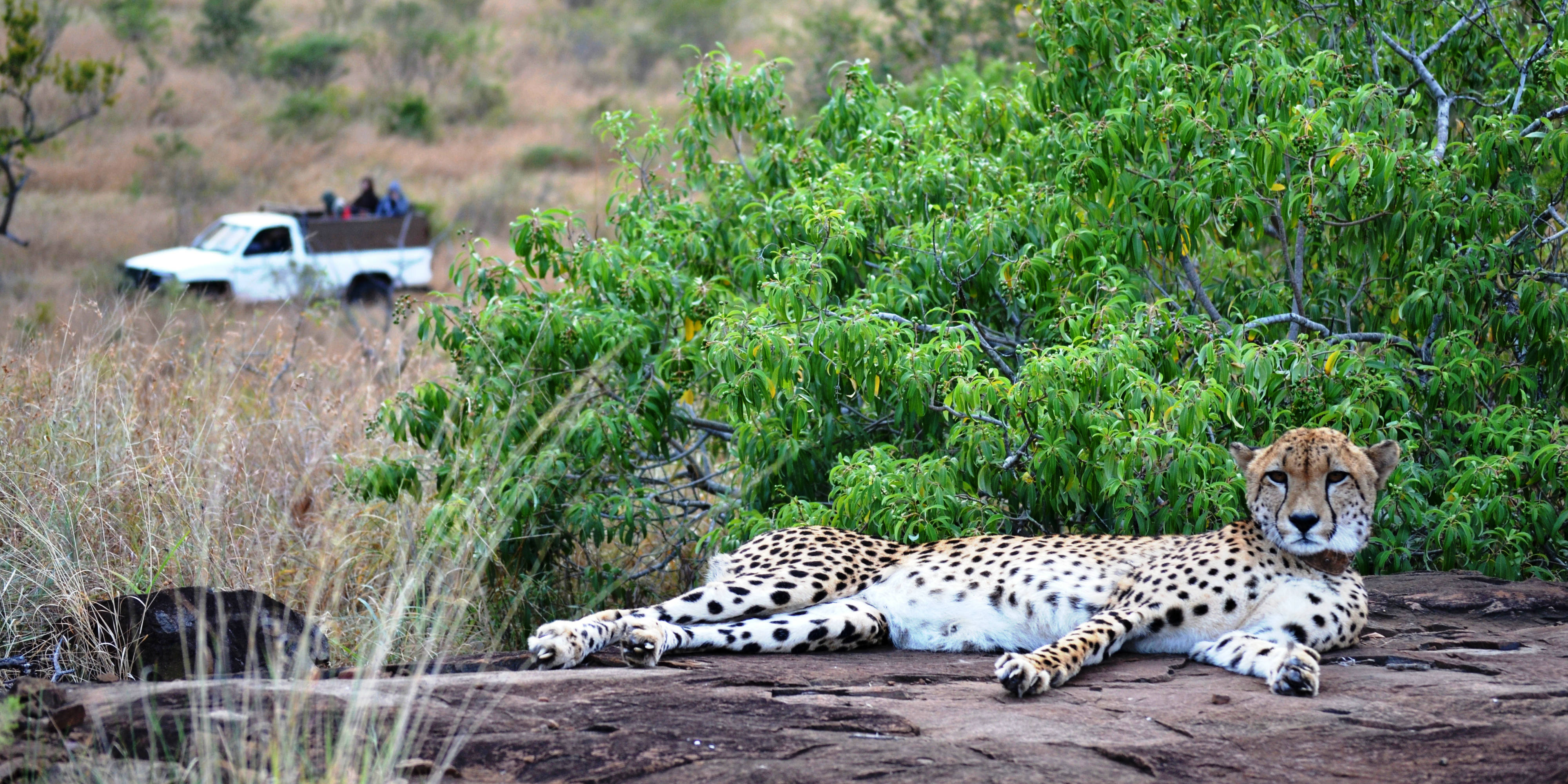
You’ll never forget the jolt of joy from the moment you see a cheetah for the first time. You’ll also build great friendships with volunteers from different countries.
Exploring the world will come with new learning and experiences, but you might be surprised by how much better you’ll get to know yourself. You might even discover a new passion, or career goal.
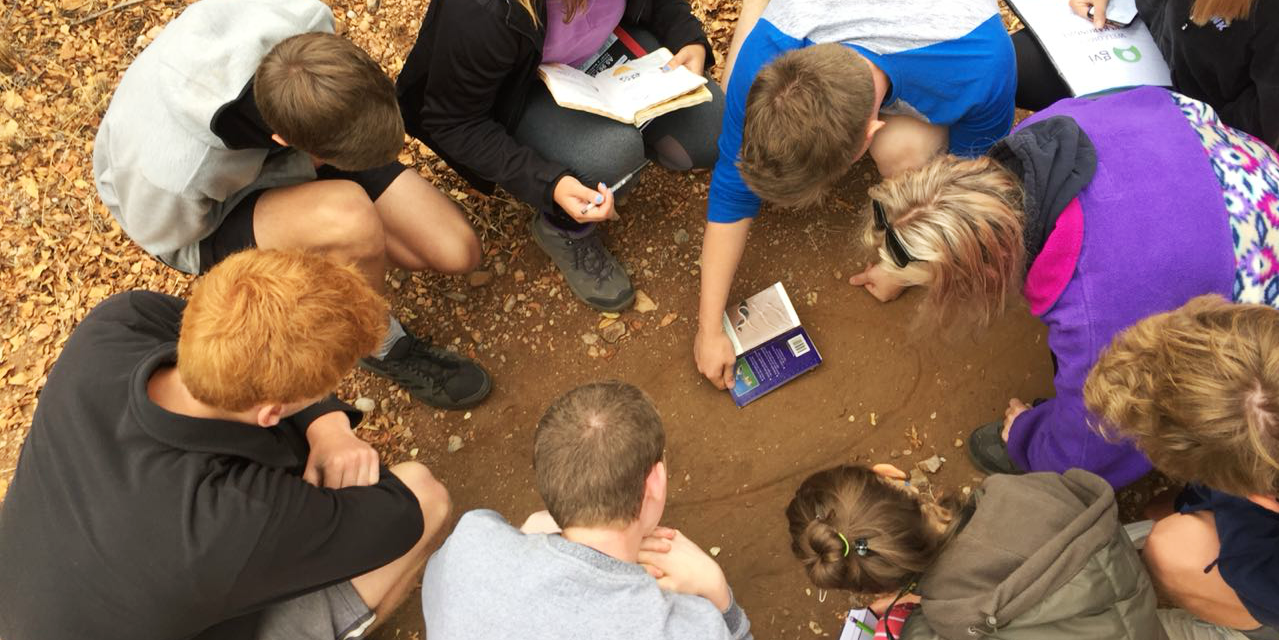
As a wildlife volunteer, you’ll need to be familiar with the habits of wild animals. You’ll have to learn how to use various tools for data collection. You’ll also need to be able to identify species from their footprints.
Sound intimidating? You might not be confident about your knowledge of wildlife – maybe because your major is unrelated to wildlife conservation. It might be a totally new field for you.
Don’t worry! During your first week on base, you’ll receive in-depth training. You’ll gain insight into the behaviour and biology of all the animals you’ll be studying.
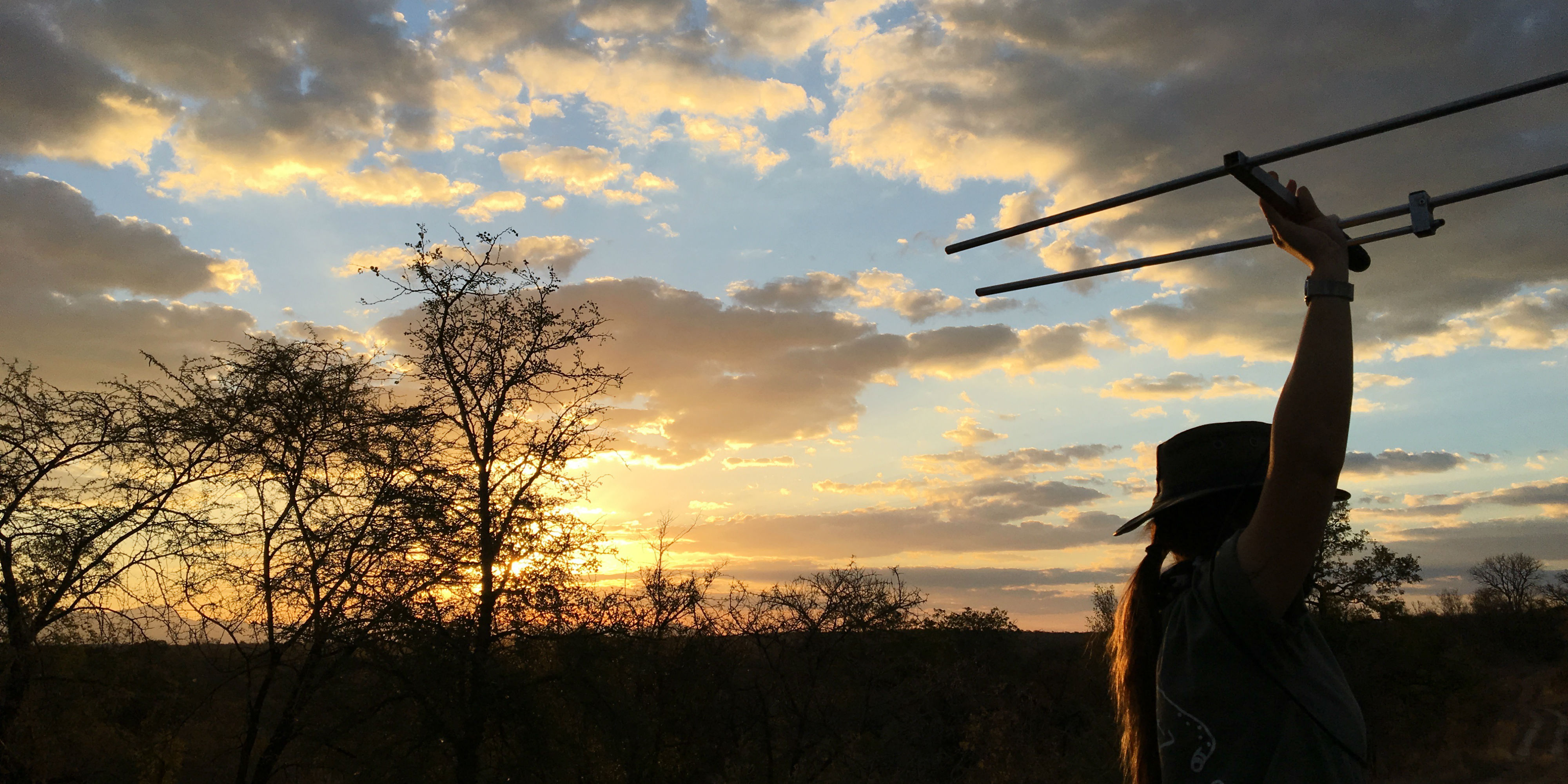
You will get 360-degree support. You’ll also become familiar with using radio telemetry, one of the tracking tools, to record the movement of animals. This data on species numbers and movement can aid research and management of the habitat, behaviour, and population of wildlife species in the reserve.
The confidence you build from this experience will help to conquer your fear of the unknown when you are in a new and unfamiliar environment. In addition, the problem-solving skills that you develop from this practical experience will improve your employability and future education.
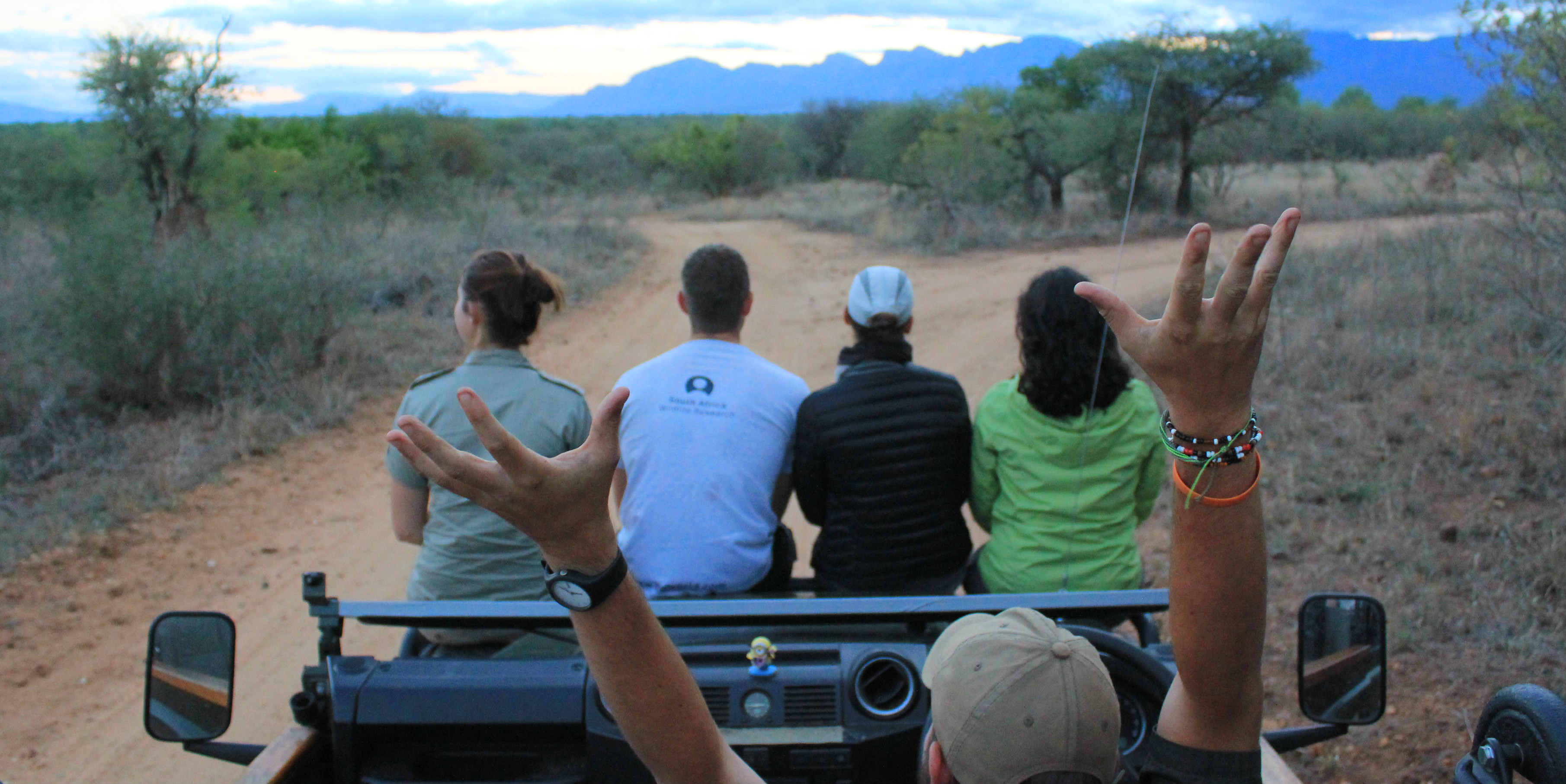
Every human being’s behaviour affects the world in myriad ways. Volunteering with wildlife is one of the ways you can impact the world positively.
You might be out collecting data or preparing food for the team in the base. Either way, you are making a contribution.
You will make a positive impact on the local community and ecosystem, because your participation increases manpower and capacity in the base. Also, the collected data is essential to conservation research. To ensure we follow best practice when doing wildlife research, all GVI programs have strict animal handling guidelines.
Ready to embark on a meaningful experience, and step into the role of global citizen? Start to make an impact in wildlife conservation with GVI. Apply today.
Liqian Yao is an intern at the GVI Writing Academy. The Writing Academy is a skills-development program that pairs development editors with budding travel writers. Learn more about the program here.
Discover how Namib Desert wildlife thrives in extreme conditions – elephants, beetles, plants & more adapt uniquely to survive harsh environments.
GVI
Posted: July 9, 2024